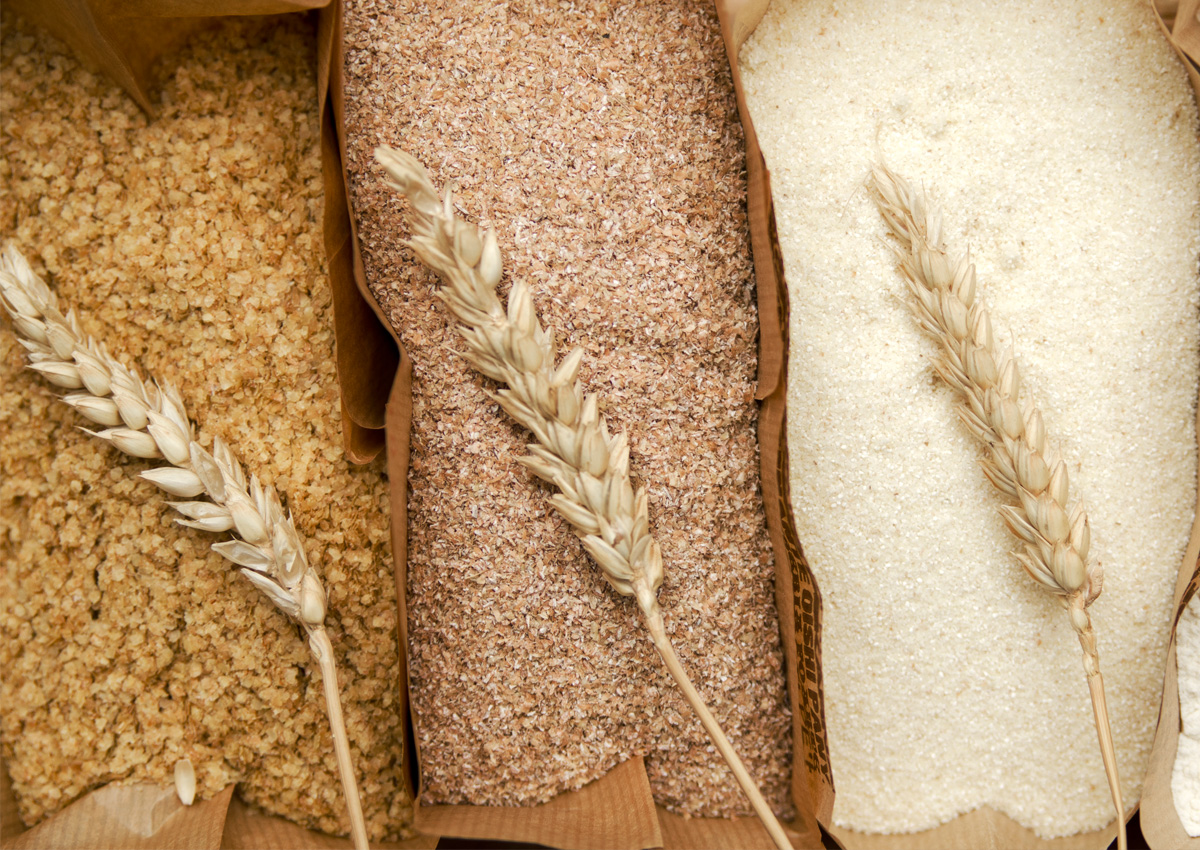
Kansas State University and University of Saskatchewan Team Up to Improve Wheat Using CRISPR
August 12, 2020| |
Kansas State University and the University of Saskatchewan have teamed up to improve the productivity and nutrition of wheat using genome editing technology. Using genome editing to target genes that are linked to valuable agronomic traits allows researchers to accelerate the development of crops that produce higher yields, are more nutritious, or yield higher-quality grain.
Eduard Akhunov, a wheat geneticist who will lead K-State's work on this project in collaboration with colleague Harold Trick's research team, said, "CRISPR is a powerful and extremely precise molecular tool capable of making targeted changes in genetic code. It allows us to produce novel variants of genes that have improved properties and create a positive impact on the traits of interest."
The project will use CRISPR to introduce domesticated traits into wild wheat relatives. Akhunov said that the new project will also test a new strategy to create novel trait variation by mutating a region of the wheat genome that is responsible for regulating genes tied to nitrogen uptake, carbon fixation, growth, and nutrient remobilization.
For more details, read the article in K-State Research and Extension News.
| |
You might also like:
- Rain-resistant Wheat Developed Using Genome Editing
- Australian Scientists Develop New Method to Produce Drought-Resilient Wheat Quickly, Cheaply, and Accurately
- Study Shows Drought Tolerant HB4 Wheat Compositionally Equivalent to Non-GM Wheat
Biotech Updates is a weekly newsletter of ISAAA, a not-for-profit organization. It is distributed for free to over 22,000 subscribers worldwide to inform them about the key developments in biosciences, especially in biotechnology. Your support will help us in our mission to feed the world with knowledge. You can help by donating as little as $10.
-
See more articles:
-
News from Around the World
- FAO: Global Food Prices Rise in July
- Experts Urged to Consider Audience Values when Communicating about Gene Technologies
- Third Breakthrough Shows Photosynthetic Hacks Boost Yield and Conserve Water
- Study Finds Decline in Plant Breeding Programs in the US, Possible Impact on Food Security
- FSANZ Calls for Comments on Food Derived from GM Corn DP202216
-
Research Highlights
- Punjab-wide Survey of Bt Cotton Fields Reveal Variations in Cry Protein Accumulation
- Researchers Decode Black Mustard Seed Genome Using New Sequencing Technology
-
Plant
- Researchers Review Genome Editing Strategies Used in Developing Rice Disease Resistance
- Kansas State University and University of Saskatchewan Team Up to Improve Wheat Using CRISPR
- CRISPR Dominates Genome Editing Market, TALENs Projected to Grow until 2025
-
Health
- National Survey Says Most Americans Willing to Vaccinate Against COVID-19
- Human Immune System Responds to Plant-derived SARS-CoV-2 Antigens
-
Read the latest: - Biotech Updates (February 18, 2026)
- Gene Editing Supplement (March 4, 2026)
- Gene Drive Supplement (February 22, 2023)
-
Subscribe to BU: - Share
- Tweet

